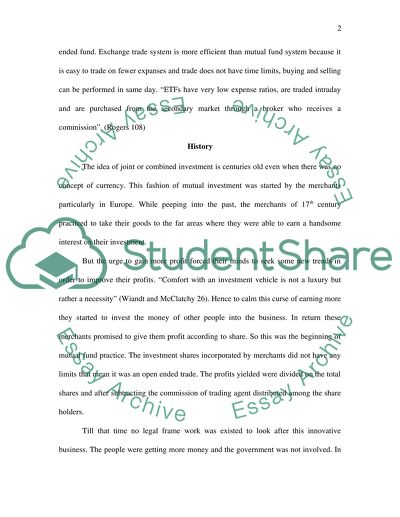Cite this document
(“Finance Essay Example | Topics and Well Written Essays - 3000 words - 1”, n.d.)
Finance Essay Example | Topics and Well Written Essays - 3000 words - 1. Retrieved from https://studentshare.org/miscellaneous/1541571-finance
Finance Essay Example | Topics and Well Written Essays - 3000 words - 1. Retrieved from https://studentshare.org/miscellaneous/1541571-finance
(Finance Essay Example | Topics and Well Written Essays - 3000 Words - 1)
Finance Essay Example | Topics and Well Written Essays - 3000 Words - 1. https://studentshare.org/miscellaneous/1541571-finance.
Finance Essay Example | Topics and Well Written Essays - 3000 Words - 1. https://studentshare.org/miscellaneous/1541571-finance.
“Finance Essay Example | Topics and Well Written Essays - 3000 Words - 1”, n.d. https://studentshare.org/miscellaneous/1541571-finance.


